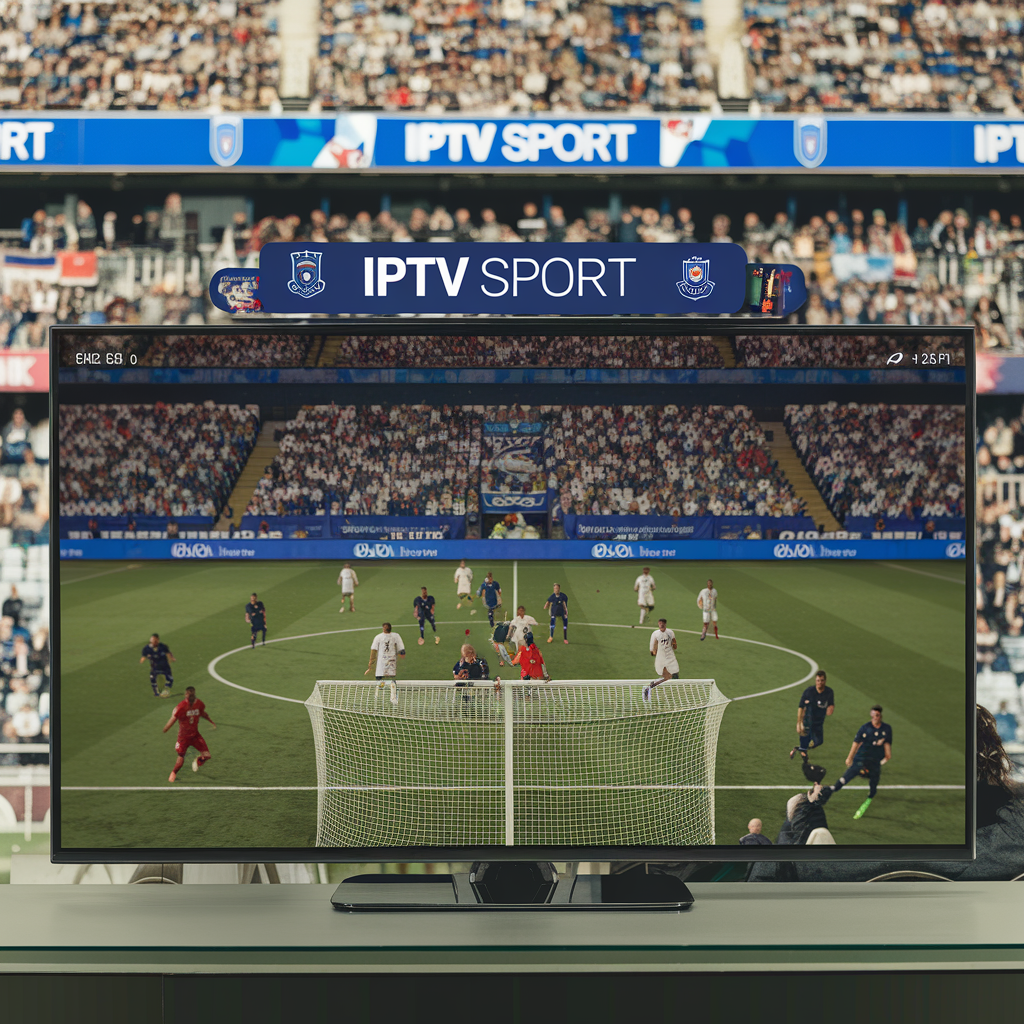[ad_1]
Introduction to IPTV
In recent years, the way we consume entertainment has undergone a dramatic evolution. Traditional cable subscriptions have been on the decline as people seek more flexible and cost-effective alternatives. One of the most compelling alternatives is Internet Protocol Television, or IPTV. In this article, we’ll explore what IPTV is, how it works, and how it can help you cut the cord and save money on your entertainment bills.
Understanding IPTV
IPTV stands for Internet Protocol Television. It refers to the delivery of television content over the Internet rather than through traditional terrestrial, satellite, or cable television formats. Through IPTV, users can access live television, video on demand (VOD), and even catch-up TV services via a broadband connection. Unlike traditional broadcasts, IPTV uses internet protocols to deliver content, allowing for greater flexibility in viewing options.
Why Cut the Cord?
Many people are now considering cutting the cord for various reasons:
- High Costs: Traditional cable subscriptions can be expensive, often locking customers into long-term contracts.
- Limited Flexibility: Cable packages often include channels that viewers do not watch, making them pay for content they don’t need.
- Changing Viewing Habits: With the rise of streaming services, viewers are shifting towards on-demand content.
How IPTV Saves Money
IPTV can significantly reduce your entertainment expenses in several ways:
- Lower Monthly Fees: Many IPTV services offer packages that are much cheaper than traditional cable subscriptions. You can find plans starting from just a few dollars a month.
- No Hidden Fees: Traditional cable bills often come with hidden fees for equipment rentals or installation. With IPTV, most providers offer transparent pricing with no unexpected charges.
- Pay-Per-View Options: IPTV services often allow users to pay only for the content they want to watch instead of being locked into a full channel package.
- Multiple Device Access: Most IPTV services can be accessed on multiple devices including smartphones, tablets, smart TVs, and laptops, often allowing you to eliminate additional subscriptions to other streaming platforms.
Comparing IPTV to Other Streaming Services
While IPTV is an excellent alternative to traditional cable, it’s worth comparing it to other popular streaming services:
IPTV vs. Traditional Cable
• Cost: IPTV subscriptions can be considerably cheaper.
• Content Flexibility: Users can choose their channels, while cable often forces bundles.
IPTV vs. OTT Services (like Netflix and Hulu)
• Live TV: IPTV offers live television channels, while services like Netflix provide only on-demand content.
• Local Channels: IPTV can offer access to local channels, which are often missing from OTT platforms.
How to Get Started with IPTV
If you’re considering making the switch to IPTV, follow these simple steps:
- Research Available IPTV Providers: Look for reputable IPTV services, checking reviews and user experience.
- Choose Your Package: Select a package that suits your lifestyle and viewing preferences.
- Sign Up: Sign up online through the provider’s website, usually requiring a form of payment.
- Set Up Your Equipment: Depending on the service, you may need a smart device, IPTV box, or specific applications.
- Start Watching! Enjoy your new flexible entertainment options.
Common Concerns about IPTV
As with any new technology, potential users may have concerns regarding IPTV:
- Internet Requirements: IPTV relies on a stable internet connection. Consider your bandwidth availability.
- Legality: Ensure the provider is legitimate to avoid legal issues.
- Quality of Service: Research the quality of the service, as some lower-cost options may result in buffering or poor picture quality.
The Future of IPTV
The future of IPTV looks promising with technological advancements that make streaming easier and more accessible. As more people embrace an internet-first strategy for entertainment, IPTV stands to gain significant traction. Innovations like enhanced user interfaces, better content delivery networks, and the integration of Artificial Intelligence for personalized recommendations are on the horizon.
Conclusion
Cutting the cord doesn’t mean sacrificing quality entertainment. With IPTV, you can save money while enjoying a wide variety of live and on-demand content. By understanding what IPTV has to offer and comparing it to traditional cable and other streaming services, you can make an informed decision that fits your needs and budget. As our entertainment consumption continues to evolve, IPTV offers a pathway to a more flexible and cost-effective solution for viewing your favorite shows, movies, and sports.
FAQs
What is IPTV?
IPTV (Internet Protocol Television) is a service that delivers television programming and videos using the Internet instead of traditional satellite or cable formats.
How does IPTV work?
IPTV works by sending television content over secure internet protocols. Viewers can access VT programs through set-top boxes, streaming devices, or apps on various devices.
Is IPTV legal?
The legality of IPTV depends on the provider. Always choose legitimate, licensed services to avoid legal issues.
Do I need a special device for IPTV?
Many IPTV services can be accessed through smart devices, but some may require specific IPTV boxes or apps.
How much does IPTV cost?
IPTV can cost as little as $10 to $30 a month for a basic package, depending on the provider and channels included.
Can I access local channels with IPTV?
Yes, many IPTV services offer local channels as part of their subscription packages, although this can vary by provider.
[ad_2]

